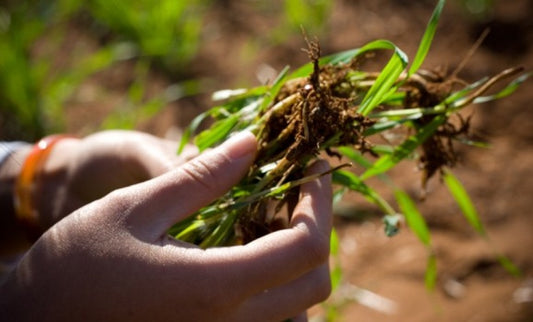Extracurricular Programs
Basically, arts and crafts, sports or languages are offered with a swimming lesson upgrade. So kids can work on their painting or skating skills in the morning and have swim lessons in the afternoon. Every year, I find myself tempted to do it all. I think about how awesome it would be if my kids felt stronger in athletics and French and piano and more and more. Naturally, I want my kids to have every advantage possible, but I try to refrain from over-scheduling and sign my kids up for select activities. Since the 1950's, the school day has gotten longer, recess is shorter, and children are scheduled for more extracurricular activities. This generation is proving to be more stressed, anxious and depressed than any cohort before them. In fact, when compared to children who lived in North America during World War II and the Cold War, the younger generations are faring the worst. A major reason is that as a society, we are focusing too much on external measures of success. Studies have shown that when internal values are given priority, children feel more emotionally stable and happy.Free-play is the Answer
When children have ample time for free-play, they feel in control of their lives. They express ideas in their heads, test out theories, and develop a better sense of themselves. Dr. Peter Gray, a psychologist who specializes in the absence of free-play in children, urges parents to avoid signing their children up for extracurricular activities unless the child genuinely wants to be in the activity.Advantages of free-play over organized sports:
The benefits of a child playing sports in their free time far outweigh the benefits of an organized sport. For instance, when my children decide to play baseball in our front yard, they need to round up the neighborhood kids. They need to think through how to set up the batting circle so they won't hit windows or cars. They may come up with unique sets of rules like the oldest child bats for both teams to make it fair. The game set up and execution requires high-level thinking. Then, when they play, they need to play to the best of their ability so the older kids want to play with them. In turn, they need to slow down their play for the younger kids. They are responsible for the organization and smooth execution of the game as well as batting, running, throwing and catching. In contrast, in an organized sport they get better at isolated skills (bunting or throwing a curveball), but the adults take over all of the most valuable skills children will use later in life.- Avoid the desire to over-schedule. Only schedule activities the child wants to be in or are skills they need that you can't teach yourself.
- Plan for ample time for free-play. Head to a park with snacks and an open schedule. Or sit outside with your kids and encourage them to invite neighbors over to play.
- Let play be child-led. As soon as parents orchestrate the fun, the benefits of free-play dwindle.
- Encourage children to problem-solve when there are disputes. They're learning invaluable life skills by learning to negotiate. Only step in when needed.
- If you want to set up an invitation to play, make it simple. For example, fill a pot with water, place a beach towel underneath and call it a pool for their favorite toys. Or grab the cardboard recycling from your garage, some washable paint and tape and tell them to build a fort. Social media is loaded with kids activities that look beautiful. Unfortunately, most aren't great for building imaginations or promoting the benefits of free-play.
Would you like to be the first to hear about our new products and more? Sign up for our Nature’s Path Newsletter.








